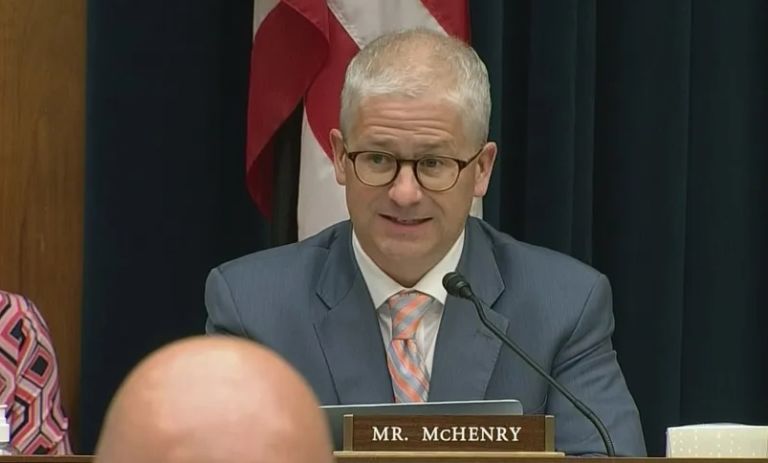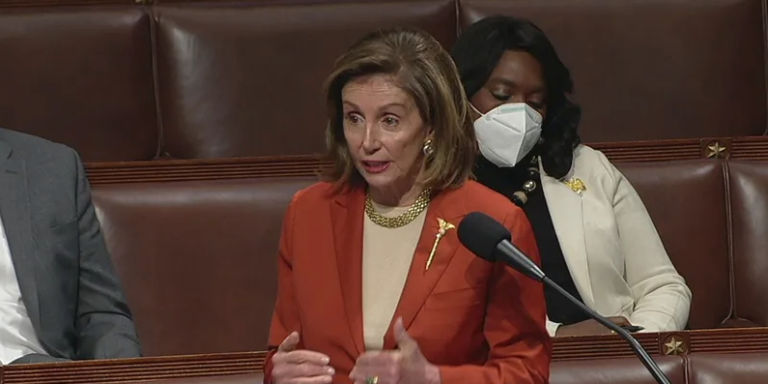Zachary Halaschak of the Washington Examiner reports on a potential side effect of Democrats’ latest scheme to tax the “rich.”
A Democratic proposal to tax the unrealized gains of billionaires could have an unwanted side effect: the government cutting checks to the wealthiest in down times.
Senate Finance Committee Chairman Ron Wyden of Oregon, a Democrat, has suggested offsetting some of his party’s multitrillion-dollar infrastructure and social spending by imposing an annual tax on the unrealized capital gains of individuals whose wealth exceeds $1 billion.
Today, billionaires whose investments grow in value are taxed on those increases, called capital gains, but only when those assets sell. The new plan would tax billionaires’ investments even if they are not sold.
But one of the major questions about the plan, which Wyden has discussed for years and gained support from President Joe Biden but has not been put forward, is how to handle losses. If one of the world’s wealthiest people has an off-year, conceivably, the government would have to pay them a tax refund. The optics of taxpayers subsidizing billionaires would present terrible appearances for the government and Democrats.
For example, Harold Hamm is the founder of major oil and natural gas firm Continental Resources. He holds nearly 80% of the company’s stock, which plummeted by more than 40% during the pandemic. He lost about 43% of his net worth in 2020, a decline of some $4.3 billion.
If the billionaire tax were implemented, Hamm may have received some of that money back directly from taxpayers because he would have reported a capital loss. On the other hand, supporters of the plan may point out those funds would end up going back into the public coffers next year if Continental Resources rebounded. …
… The spokesperson confirmed billionaires would get to deduct losses. Still, when pressed for details about what that would look like, the spokesperson didn’t reveal any more and said those specifics would be included in the legislative text.


